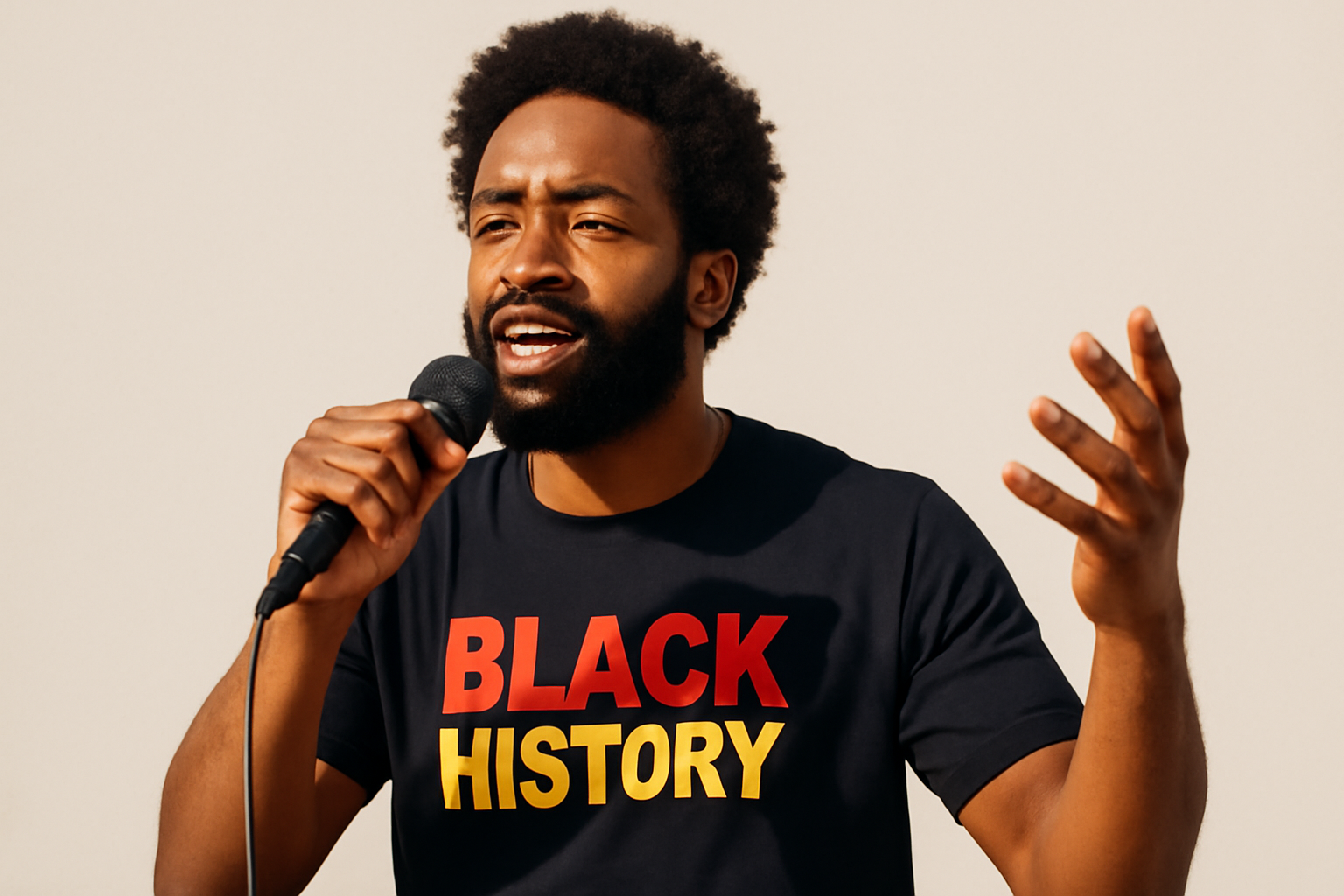
Black history isn't something that should depend on anyone's approval—it's a vital part that stands on its own. Remember that bizarre incident during Black History Month back in 2017? It really showcased how some folks don't quite get its importance.
At a White House event kicking off Black History Month that year, many people were left scratching their heads over what was said by then-President. When talking about Frederick Douglass, who was a leading voice in ending slavery and passed away in 1895, he was described as "somebody who's done an amazing job and getting recognized more and more." It was like he was talking about someone still alive! This showed a real misunderstanding about Douglass's incredible contributions.
Things got even murkier when that year's White House press secretary tried explaining it all away. It felt a bit like those funny misrepresentations you'd see on "Drunk History."
why black history month matters
These stories highlight just why Black History Month remains so important. After Barack Obama became president, some folks wondered if we still needed it, thinking maybe we'd moved past those old issues. But his election didn't magically erase all racial problems. The idea that America became "post-racial" just isn't true.
Obama's presidency was historic, sure, but it didn't change everything. Many Black Americans' daily realities show that deeply rooted racial issues are far from gone, challenging this "post-racial" myth.
Take Martin Luther King Jr.'s "I Have a Dream" speech, often twisted out-of-context. People have misused it when arguing against measures like Affirmation Action or reparations—policies designed, in part, about addressing historical wrongs.
combating myths and misunderstandings
Misunderstandings about race keep popping up politically. Criticisms against Black History Month often come with cries against "identity politics" and alleged "special rights." However, these complaints overlook how identity politics have historically benefited numerous groups, including white Americans.
For example, prior administrations have shown bias with funding cuts meant combat white supremacy or shrug off racial incidents. It's these inconsistencies that fuel debates about why celebrations like Black History Month remain essential.
honoring resilience and survival
Despite such hurdles, Black History Month embodies persistence and endurance. After surviving slavery, battling Jim Crow, and facing systemic prejudice, Black Americans continue excelling. Their history digs deep roots and offers guidance, needing no outside validation.
Celebrating Black history goes beyond just remembering—it's about honoring a legacy and inspiring change. Reflecting on its impact enriches our understanding, keeping traditions alive and vibrant.
Want more stories and up-to-date information about LGBTQ+ and Black communities? Subscribe now and engage with us as we celebrate Black history's rich culture and contributions.
Related Posts
Ask Your Kind Trans Aunt: Guidance on Love, Life, and Identity
Hey there, dear readers! I'm reaching out with all my love and support as your ever-caring trans aunt. Life's quite a ride, isn't it? It's full mo-ments that lift us up and some that test us, especially when you're on a path towards discovering who you really are and what makes you happy. Whether you're coming out, exploring your gender identity, or just trying find your place in this big ol' craz [...]
Zelda Brislin's Inspiring Pride Performance: Embracing the Wind
Picture this: it was a blazing hot day at Pride on The Square in Wilkes Barre, Pennsylvania, back in 2024. The sun was relentless, but a cool breeze from that nearby Susquehannna River showed up just in time, giving everyone a bitty break from melting. This refreshing gust was just what was needed as folks gathered, eagerly awaiting Zelda Brislin's much-awaited performance. Finding one's true sel [...]
Brooklyn's Drag School: Exploring Gender Expression in Defiance of Conservative Norms
Reimagining drag performance in Brooklyn Right in Brooklyn's vibrant core, a trailblazing program called "Drag Performance: Between & Beyond Gender" at Brooklyn Arts Exchange (BAX) has taken center stage. Led by Kelinda Bee, who fans know as Theydy Bedbug, this 12-week course isn't just about putting on a show — it's about celebrating gender expression and redefining what drag can be. Participa [...]